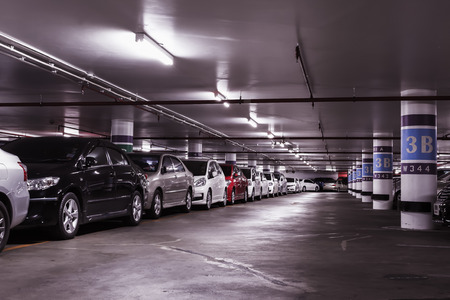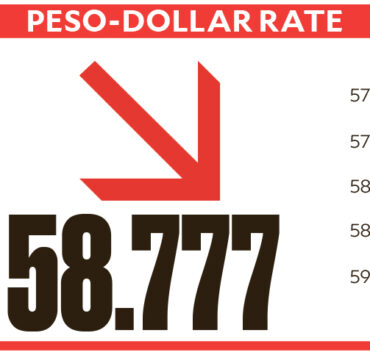House bill bans using ‘standees’ in parking slots

A House bill seeks to address a longtime source of aggravation in car parks, where the driver and the passenger work usually as “partners in crime.”
In a parking area with few vacant slots left, having a person stand in an empty space in order to secure it for an incoming vehicle should be considered a punishable offense, according to the proposed measure.
Akbayan party list Rep. Percival Cendaña filed House Bill No. 11076 or the draft Mindful Parking Act which penalizes such acts with fines and the revocation of the driver’s license.
“This practice not only violates common courtesy and the basic principle that parking should be on a first-come, first-served basis, but it also endangers individuals who occupy spaces meant for motor vehicles,” Cendaña said, giving the rationale for the bill.
The bill reads: “No person shall physically occupy a public parking space in a manner as to obstruct a motor vehicle from parking on the same space or to reserve the space for parking by another motor vehicle.”
Under the bill, private establishments with parking spaces must also adopt similar policies.
Liable parties
Both the person reserving the space and the motorist eyeing the spot are to be held liable for the violation.
The first offense carries a P2,000 fine, while the second offense results in a P5,000 fine and the suspension of the driver’s license.
Subsequent violations call for a fine of P10,000 and the revocation of the license.
On the part of private establishments, their owners also face fines of between P10,000 and P50,000 if found remiss in enforcing the measure.
Road-rage trigger
Cendaña’s bill assigns the Land Transportation Office the task of drawing up more detailed guidelines and monitoring compliance.
The lawmaker said his bill also underscores the need to improve mass transport systems in urban areas, particularly in Metro Manila, where the search for parking space can be as exasperating as the traffic congestion and can trigger its own sort of road rage.
“This reality has led to certain unwholesome practices among users of parking spaces,” he said.
“Ultimately, the long-term solution… is to improve our mass transportation system to reduce dependence on private vehicles. [But] as we move toward this goal, it is necessary to regulate the use of limited spaces and resources to promote fairness among users and to protect them from harm.”

















